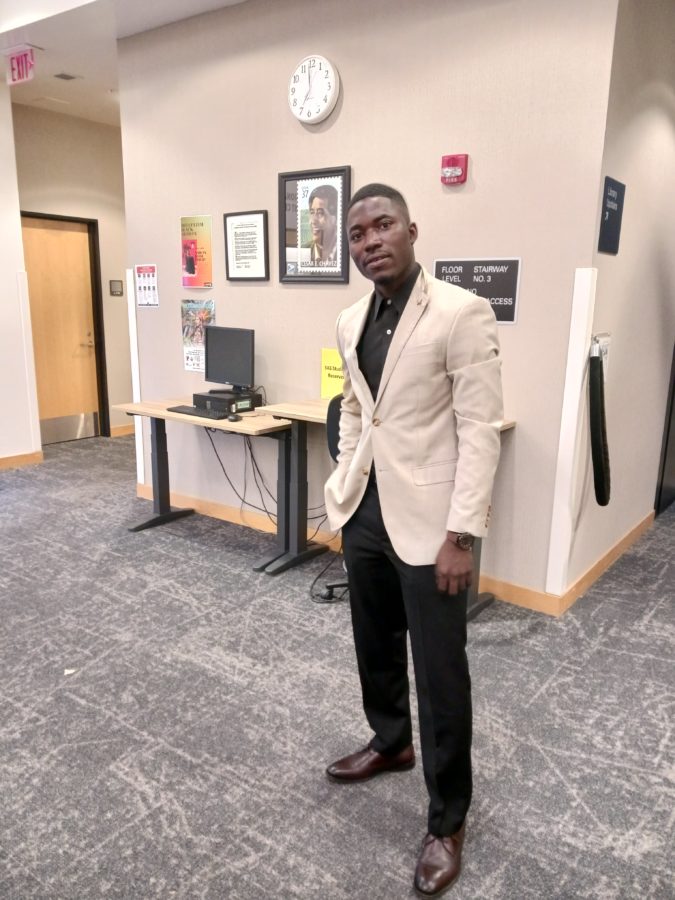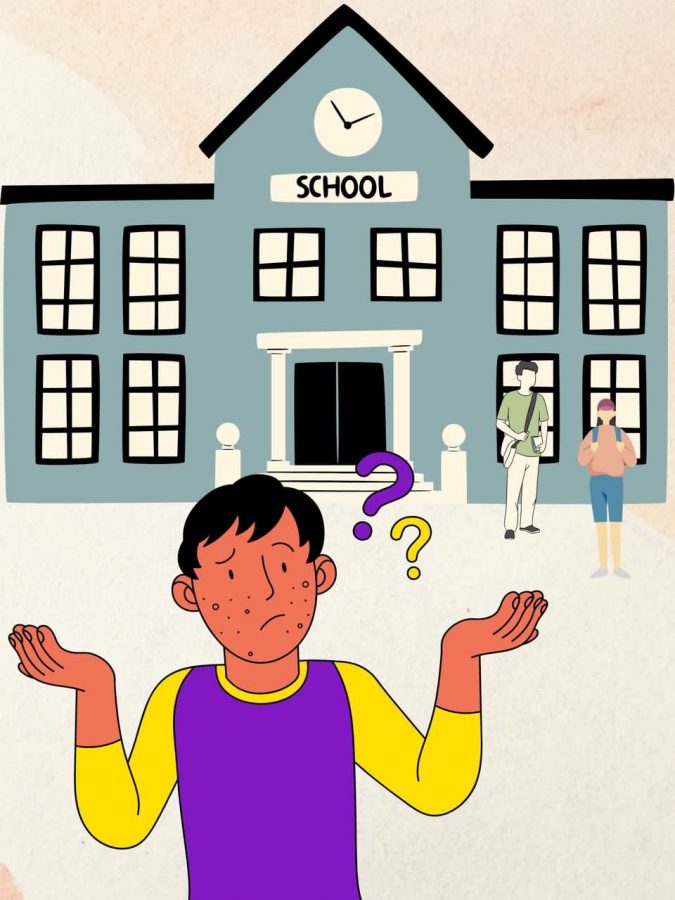
The most crucial role that journalists serve to the public is that they are conveyors of information.
The access to accurate information is especially important in this era of “fake news” we find ourselves living in.
The (hopefully honest) work of journalists all across the country can very well have a massive impact on not only the candidates that we elect to public office, but it can also affect the decisions those individuals make once in power and the laws and regulations that they push for.
Our society needs journalists who will investigate the people that we elect to public office; if they don’t hold our country’s leaders accountable on federal, state and local levels, then nobody will.
The decline of journalism can and will enable office holders in this country to begin acting in irresponsible, power- driven, borderline tyrannical ways.
The really disturbing reality to think about is that many politicians already do abuse their power and use their position to better themselves as opposed to the individuals who entrusted them with such power, and that’s with journalism still being a very relevant profession in our society.
Our society needs journalists all across the country to continue to serve as a watchdog for society so that more politicians may not feel enabled to so grossly abuse their power.
Journalism can also serve as a bridge between elected officials and their constituents — the work of journalists can give policymakers an understanding of what their constituents expect of them.
All the benefits that we have received as a society from the work of journalists have not been received without a price to pay.
In the past two and a half years, violence against and persecution of journalists have experienced sharp increases.
More journalists were murdered and jailed in 2018 than the previous year, according to Reporters Without Borders.
Through November 2018, 80 journalists were murdered, while 408 journalists
that more politicians may not feel enabled to so grossly abuse their power.
Journalism can also serve as a bridge between elected
officials and their constituents — the work of journalists can give policymakers an understanding of what their constituents expect of them.
All the benefits that we have received as a society from the work of journalists have not been received without a price to pay.
In the past two and a half years, violence against and persecution of journalists have experienced sharp increases.
More journalists were murdered and jailed in 2018 than the previous year, according to Reporters Without Borders.
Through November 2018, 80 journalists were murdered, while 408 journalists were either imprisoned or held hostage, according to Reporters Without Borders.
Reporters Without Borders Secretary General Christophe Deloire wrote in the report that violence aimed at journalists “has reached unprecedented levels,” and called the situation “critical.”
“The hatred of journalists that is voiced, and sometimes very openly proclaimed, by unscrupulous politicians, religious leaders and businessmen has tragic consequences on the ground, and has been reflected in this disturbing increase in violence against journalists,” Deloire wrote.
Journalists are servants of the public. They hold politicians’ feet to the fire. They are owed much more respect than they are paid.
They deserve to be able to work without having to worry about being imprisoned, or even worse, murdered.






